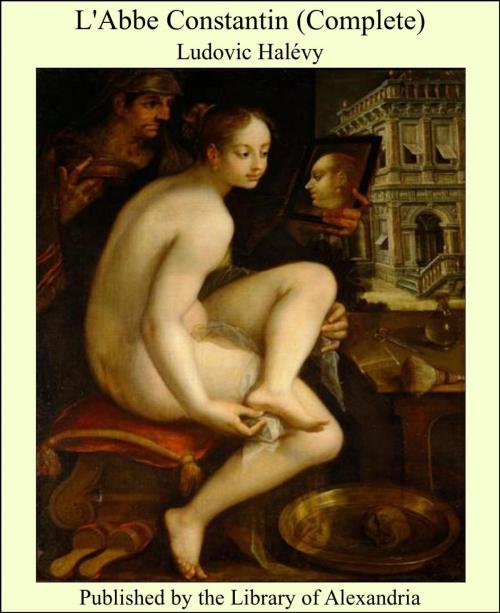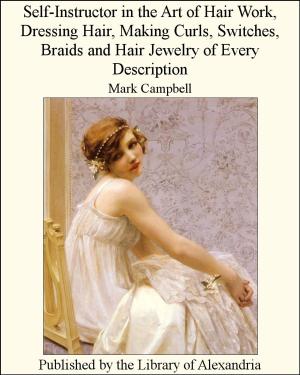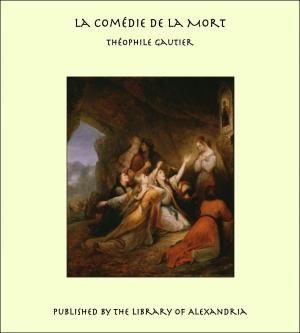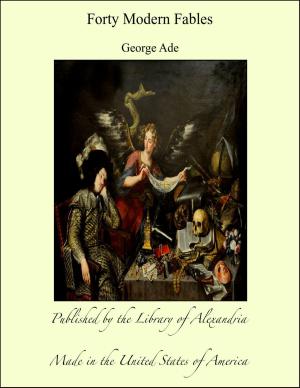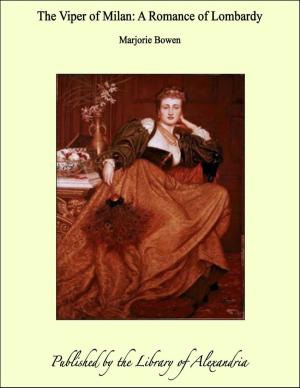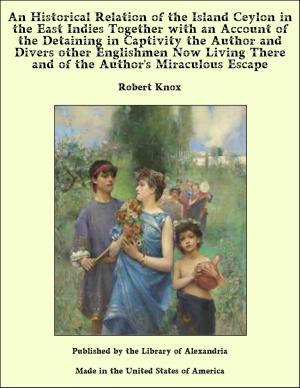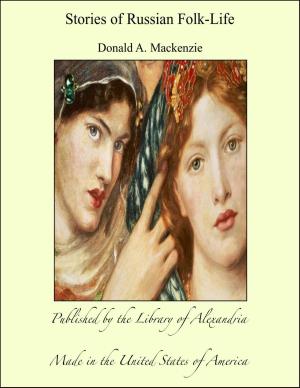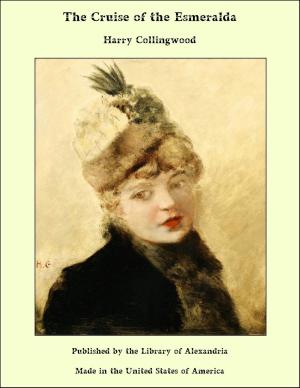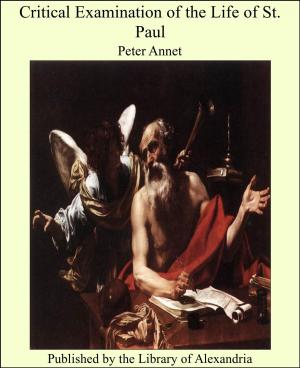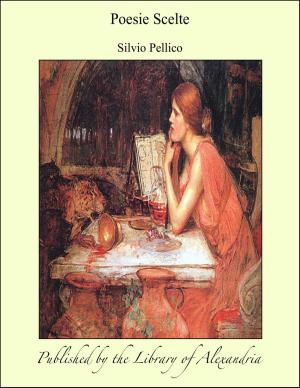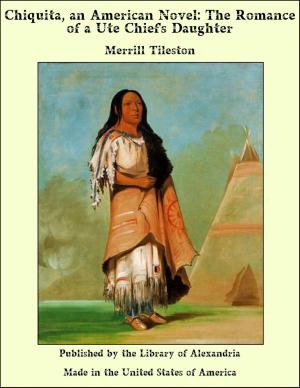L'Abbe Constantin (Complete)
Nonfiction, Religion & Spirituality, New Age, History, Fiction & Literature| Author: | Ludovic Halévy | ISBN: | 9781465539489 |
| Publisher: | Library of Alexandria | Publication: | March 8, 2015 |
| Imprint: | Language: | English |
| Author: | Ludovic Halévy |
| ISBN: | 9781465539489 |
| Publisher: | Library of Alexandria |
| Publication: | March 8, 2015 |
| Imprint: | |
| Language: | English |
Ludovic Halevy was born in Paris, January 1, 1834. His father was Leon Halevy, the celebrated author; his grandfather, Fromenthal, the eminent composer. Ludovic was destined for the civil service, and, after finishing his studies, entered successively the Department of State (1852); the Algerian Department (1858), and later on became editorial secretary of the Corps Legislatif (1860). When his patron, the Duc de Morny, died in 1865, Halevy resigned, giving up a lucrative position for the uncertain profession of a playwright: At this period he devoted himself exclusively to the theatre. He had already written plays as early as 1856, and had also tried his hand at fiction, but did not meet with very great success. Toward 1860, however, he became acquainted with Henri Meilhac, and with him formed a kind of literary union, lasting for almost twenty years, when Halevy rather abruptly abandoned the theatre and became a writer of fiction. We have seen such kinds of co-partnerships, for instance, in Beaumont and Fletcher; more recently in the beautiful French tales of Erckmann-Chatrian, and still later in the English novels of Besant and Rice. Some say it was a fortunate event for Meilhac; others assert that Halevy reaped a great profit by the union. Be this as it may, a great number of plays-drama, comedy, farce, opera, operetta and ballet—were jointly produced, as is shown by the title-pages of two score or more of their pieces. When Ludovic Halevy was a candidate for L'Academie—he entered that glorious body in 1884—the question was ventilated by Pailleron: "What was the author's literary relation in his union with Meilhac?" It was answered by M. Sarcey, who criticised the character and quality of the work achieved. Public opinion has a long time since brought in quite another verdict in the case
Ludovic Halevy was born in Paris, January 1, 1834. His father was Leon Halevy, the celebrated author; his grandfather, Fromenthal, the eminent composer. Ludovic was destined for the civil service, and, after finishing his studies, entered successively the Department of State (1852); the Algerian Department (1858), and later on became editorial secretary of the Corps Legislatif (1860). When his patron, the Duc de Morny, died in 1865, Halevy resigned, giving up a lucrative position for the uncertain profession of a playwright: At this period he devoted himself exclusively to the theatre. He had already written plays as early as 1856, and had also tried his hand at fiction, but did not meet with very great success. Toward 1860, however, he became acquainted with Henri Meilhac, and with him formed a kind of literary union, lasting for almost twenty years, when Halevy rather abruptly abandoned the theatre and became a writer of fiction. We have seen such kinds of co-partnerships, for instance, in Beaumont and Fletcher; more recently in the beautiful French tales of Erckmann-Chatrian, and still later in the English novels of Besant and Rice. Some say it was a fortunate event for Meilhac; others assert that Halevy reaped a great profit by the union. Be this as it may, a great number of plays-drama, comedy, farce, opera, operetta and ballet—were jointly produced, as is shown by the title-pages of two score or more of their pieces. When Ludovic Halevy was a candidate for L'Academie—he entered that glorious body in 1884—the question was ventilated by Pailleron: "What was the author's literary relation in his union with Meilhac?" It was answered by M. Sarcey, who criticised the character and quality of the work achieved. Public opinion has a long time since brought in quite another verdict in the case
